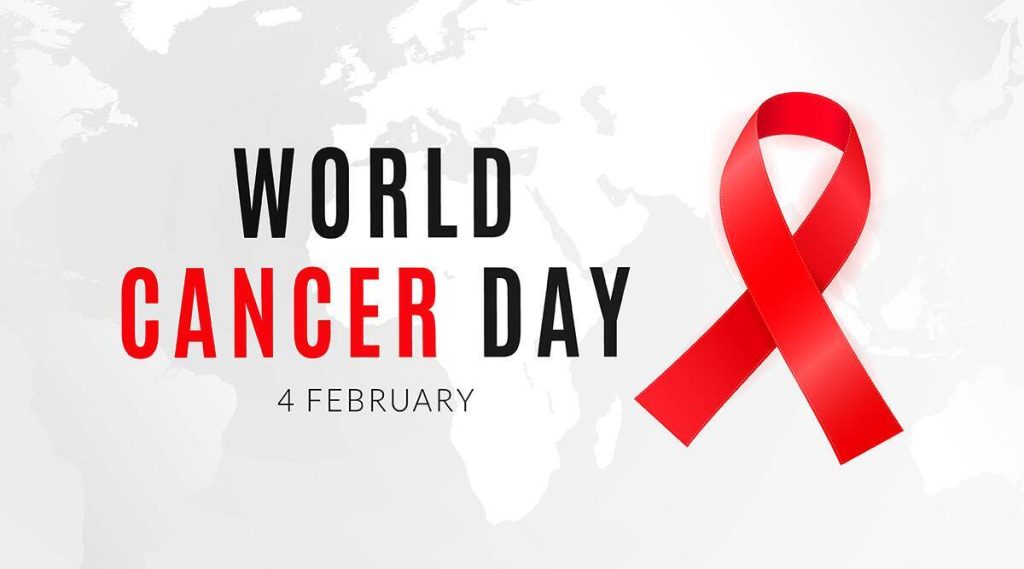Breast, cervical, rectum, oral and liver cancer, are known as the most common cancers in Papua New Guinea.
Clinical Oncology Physician and Acting Chief Oncologist at the National Department of Health, Doctor Manna Kiraks Ario, confirmed this during today’s Media Development Initiative’s Civil Society Networking Event.
This event was hosted in commemoration of World Cancer Day that took place on the 4th of February this year highlighting some of the cancer challenges and how these can be addressed in terms of awareness.
With the theme for this important event, ‘Empowering Voices for Change & Support’, Dr Ario stated the importance of understanding more the cancer care in the country as well as advocacy and change and the preventive strategies that the National Department of Health has in place to strengthen cancer care services in the country.
Dr. Ario stated the challenges and barriers that affects the cancer care system in the country with the need to seriously address these issues.
Barriers such as lack of cancer care system, treatment, facilities and health workers and specialists, hinder the access to receive treatment for cancer patients.
“The cancer care system is poorly coordinated and fragmented which needs to be addressed.”
“We also have lack of screening facilities in the country as well as diagnosis for cancer patients.”
“Treatments for cancer patients are consistent as we do not have enough theatres to carry out cancer treatment due to limited space.”
“Shortage of health workers and specialists is also a major barrier in delivering a better cancer care system in the country.”
Dr. Ario stated that according to the World Health Organization Global Cancer Observatory, the International Agency for Research of Cancer, has shown estimated figures that over 5, 000 cases show the men’s cancer population whilst over 6, 000 cases show the women’s population who are diagnosed with cancer.
In terms of addressing these, Dr Ario urged that raising awareness can bring a lot of change with preventive measures that must be put in place.
“One particular awareness we can carry out is breaking the stigma and showing support towards cancer.”
“Often times patients don’t come quickly because they live in fear of the misconception about cancer.”
“We must also advocate for more cancer facilities and for the right authorities to invest more in cancer facilities.”
In addition, educating more on cancer awareness in schools and work organizations will help in better understanding the cancer care system and preventing the increase in cancer.
“Prevention is the key in addressing cancer awareness; therefore improving literacy will better help the task in carrying out cancer awareness.”
Furthermore, with plans to embark on a new cancer facility at the Port Moresby General Hospital and with the newly established Angau Cancer facility in Morobe province, this sets the tone in the right path to improving cancer care in the country.
Dr. Ario urged the need to prioritize on the new cancer facility that will become the cancer hub of the country.
He added that with an increase in awareness, cancer care can be greatly improved with a more coordinated system for better cancer care.

